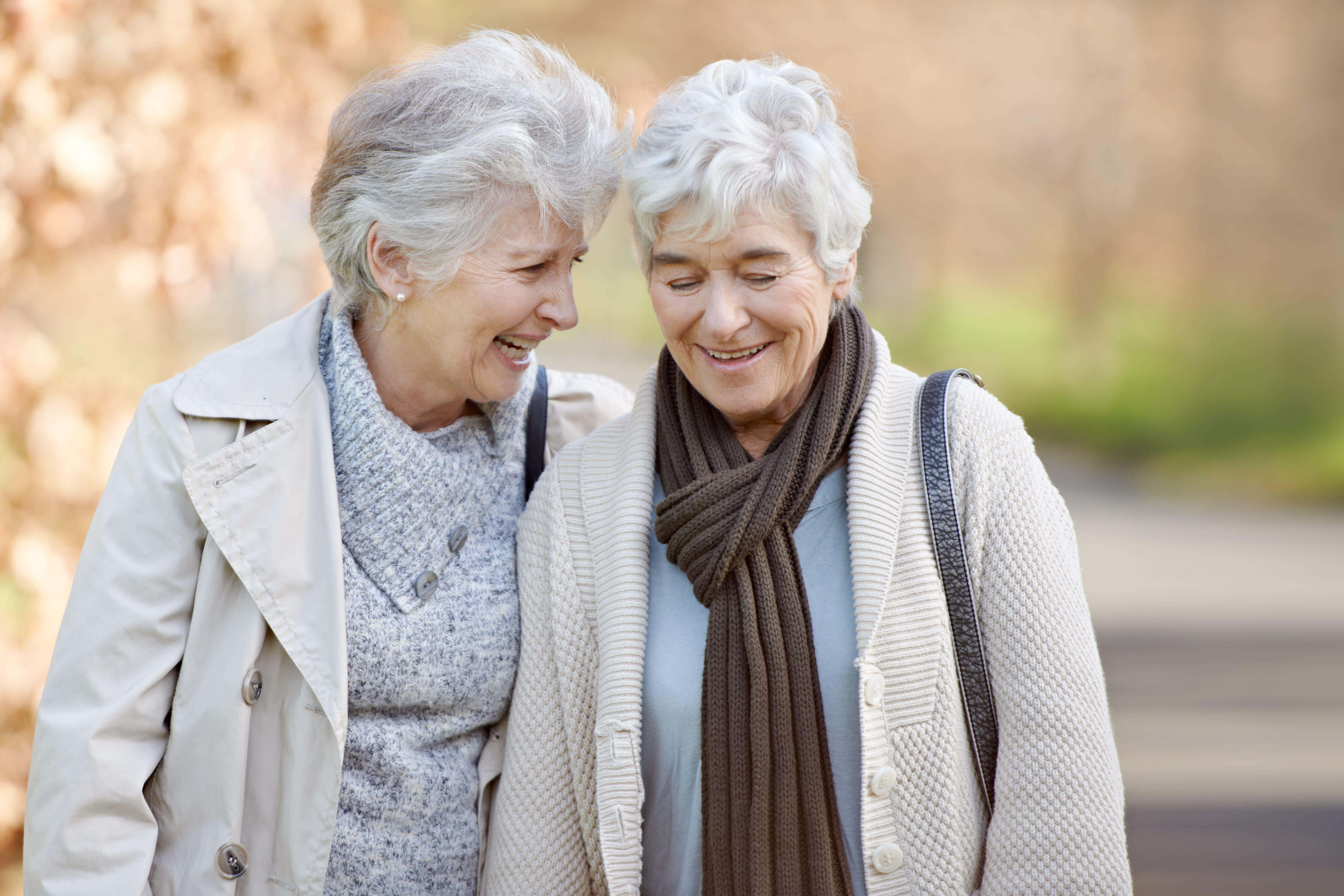How older people can boost their immunity
Diet, sleep and exercise can all help boost our immunity.

A new vaccine that provides protection from a respiratory virus could save the lives of thousands of elderly people in the UK every year, according to a recent study.
This review by experts at the University of Aberdeen and the MRC-University of Glasgow Centre for Virus Research follows the NHS roll-out of the respiratory syncytial virus (RSV) jab, which is being offered to people aged 75 and over, as well as women from 28 weeks of pregnancy to protect themselves and their babies.
The study, published in Age & Ageing, said evidence suggests a 70% take-up of the vaccine among the older age group could prevent up to 2,800 deaths every year.
But why are older adults, particularly those over 60, more vulnerable to these kind of viruses?
“As we age, our immune system weakens, primarily due to the thymus reducing its production of immune cells and the diversity of T-cells,” explains Dr Johannes Uys, doctor at Broadgate GP. “This weakened state makes it tougher for older adults to fend off new pathogens.”
However, there are several things over-60s can do to improve their immunity and overall health.
1. Keep up with vaccinations
“Keeping up with vaccinations is essential, including the flu and pneumococcal vaccines which protect against diseases the over-60s are prone to,” says Uys. “A Covid-19 booster may also be advisable.”
2. Adjust your diet
Diet plays a crucial role in immunity.
“Consuming a variety of fruits and vegetables rich in antioxidants can strengthen the immune system – broccoli, brussles sprouts, and berries are particularly beneficial,” says Uys. “Probiotic foods such as yoghurt and kefir support gut health, which is key to keeping your defences strong.”
Citrus fruits, such as kiwi, are also great for our immune system.
“Citrus fruits contains vitamin C, which is thought to increase the production of white blood cells that are important for fighting infections,” explains Maz Packham, nutritionist and consultant at W-Wellness. “Kiwi is a really great choice and red peppers are also high in vitamin C.”
3. Try relaxation techniques
Stress can have a very negative impact on our health, so remember to slow down.
“Chronic stress weakens immune function,” says Dr Vijay Murthy, functional medicine doctor and co-founder of Harley Street clinic Murthy Health. “Techniques like breath-work, meditation, and adaptogenic herbs (e.g. ashwagandha) can lower cortisol and strengthen immunity.”
4. Exercise regularly
“Regular exercise is highly beneficial as it improves circulation, boosts immunity and reduces stress,” conveys Uys. “Activities like swimming and cycling, suited to one’s stamina, are recommended. Even strength training twice weekly can enhance overall strength.”
Murthy adds: “Low-impact activities like yoga, tai chi and walking can also help regulate inflammation, improve circulation and support detoxification.”
5. Take some vitamin D
“A vitamin D supplement can be especially helpful when it comes to improving your immunity, and much of the UK are deficient,” says Packham. “Low vitamin D levels often affect the elderly as they spend less time outside and so a supplement can be a good way to keep levels topped up.”
6. Get into a regular sleeping pattern
Sleep is crucial for maintaining a strong immune system.
“Adequate sleep, aiming for seven to nine hours a night, is vital for immune support,” says Uys. “Establishing a calming bedtime routine is wise.”
“Sleep helps the body repair and regenerate, making it better equipped to fight off infections,” explains Alison Cullen, sleep expert at A.Vogel. “The most regenerative and healing sleep is before midnight, so I recommend getting to bed early and aiming to be asleep by 10pm.”
7. Socialise with family and friends
“Connecting with family or participating in community activities supports mental wellbeing, which positively affects physical health,” says Uys. “True contentment can greatly enhance resilience.”
Bookmark popover
Removed from bookmarks